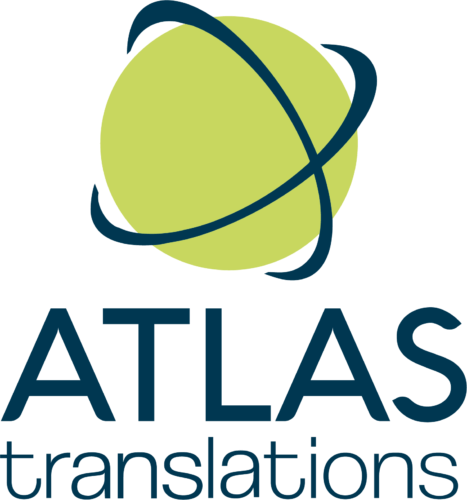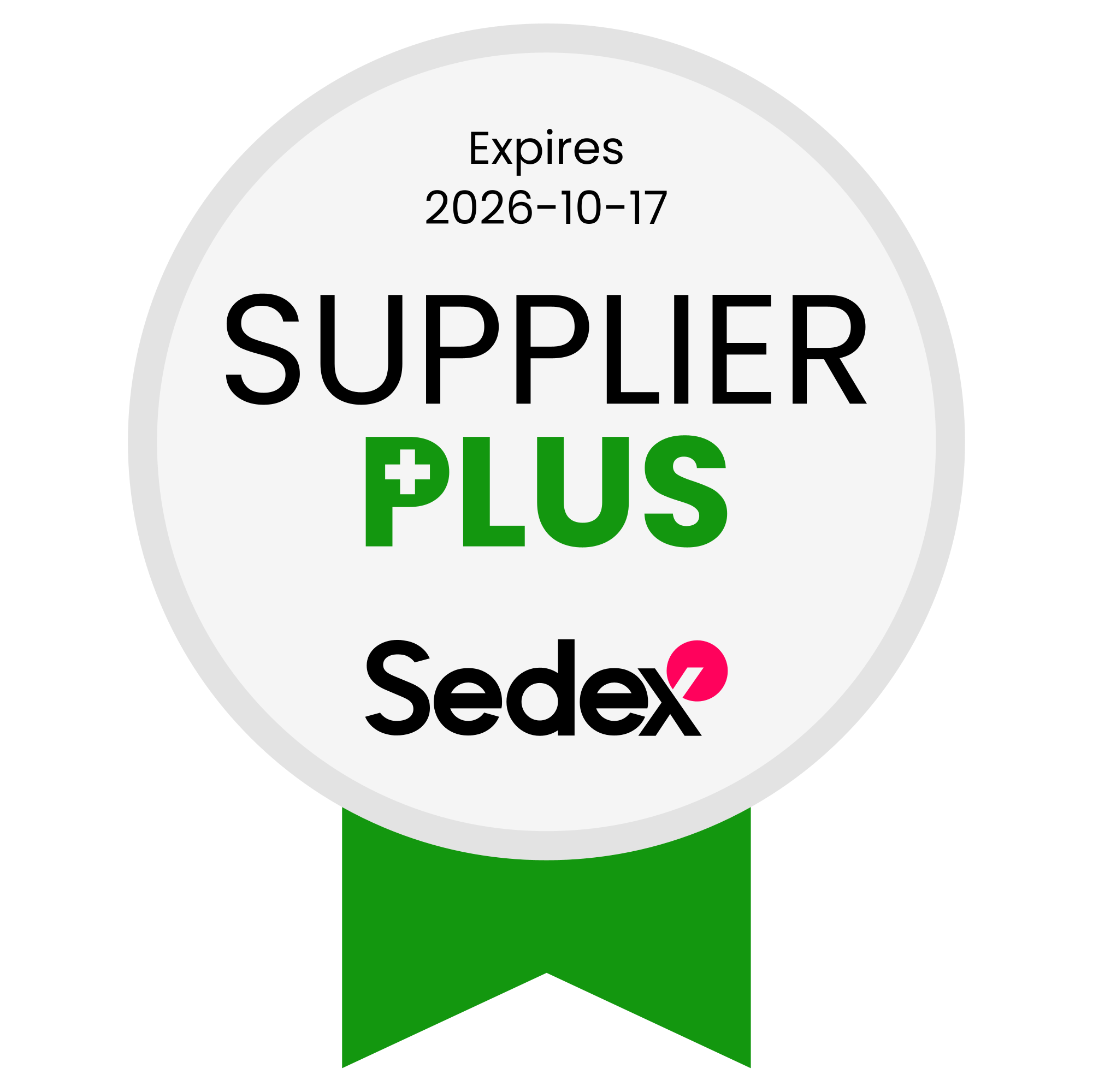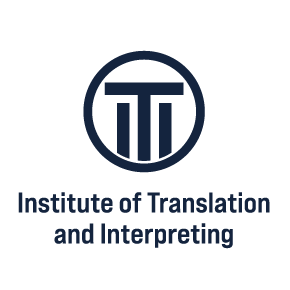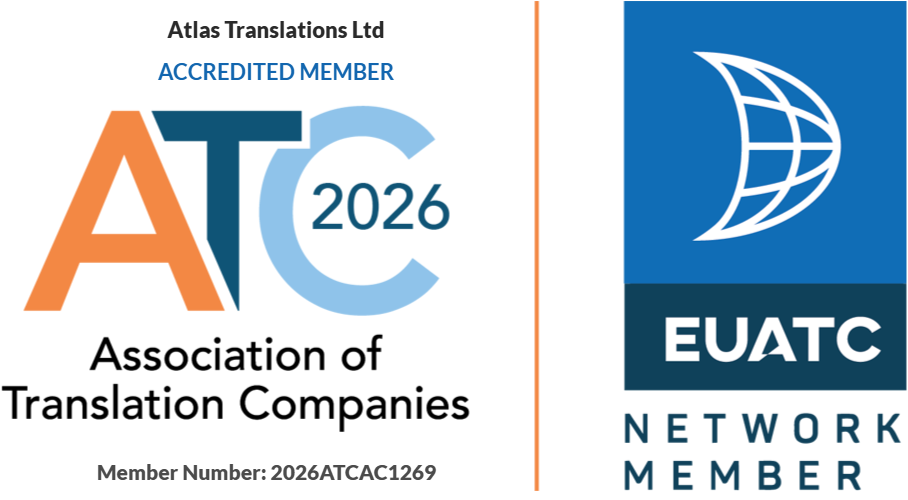How Language Translation Partners Can Increase Breakthrough Results for Pharmaceutical Clinical Trials
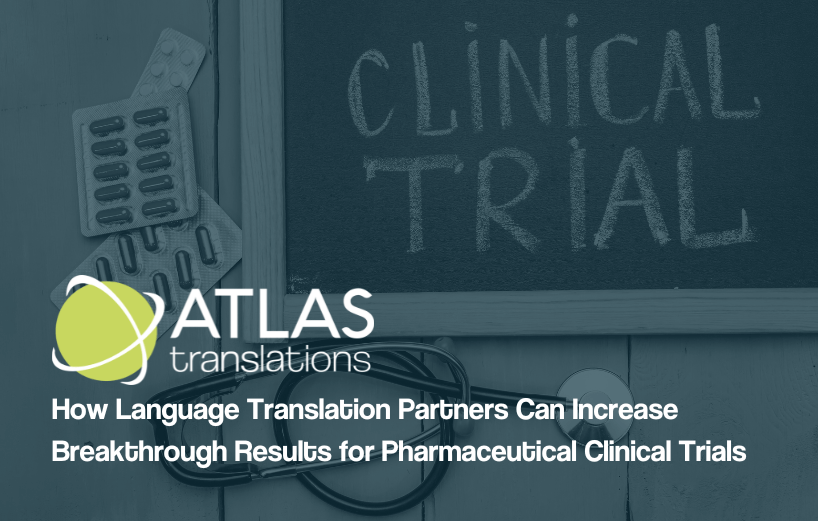
Language matters in clinical trial research, especially in trials involving multilingual participants. This week, we’ll explore how Atlas Translations aids UK pharmaceutical firms and research organisations. By delivering top-notch translation and localisation services, we can support your organisation throughout the clinical trial lifecycle.
Language Access as a Clinical Trial Priority
Clinical trials in the UK are rarely straightforward ☹️. But they are complex, multilingual, and subject to strict regulatory oversight. With growing calls for inclusivity and transparency, it’s no longer enough to focus solely on scientific accuracy (although that is most definitely critical).
If your organisation is looking for breakthrough results, then every piece of clinical trial communication must be clear, culturally aware, and accessible to participants whose first language may not be English.
This is far more than a weak attempt at creating more paperwork. Informed consent only counts when the information is fully understood. That’s why professional translation isn’t just useful, it’s essential.
For organisations that want to meet regulatory obligations while genuinely supporting participant understanding, a trusted language partner (like us here at Atlas Translations) can be an invaluable part of the process.
What do you need help with today? Call us on +44 (0)1727 812 725 or email us at team@atlas-translations.co.uk – we’re only a call, chat, or email away, and we’re always eager to help!
The Risks of Getting It Wrong in Pharmaceutical Trials
Unfortunately, when translations go wrong, the consequences can be serious. If a consent form is poorly translated, a participant may be agreeing to take part in a trial without fully understanding what is involved. Those poorly translated instructions can lead to health issues, incorrect dosing, and non-compliance, especially in pharmaceutical trials.
Of course, let’s not forget everybody’s favourite, legal action.
There’s also the potential that flawed documentation may cause a study to be paused or rejected entirely by an ethics board.
Atlas Translations addresses these risks with an open, consistent approach to quality. They work with linguists who are not only native speakers but also specialists in medical and pharmaceutical terminology. Throughout the translation project, each document is:
- Proofread by a second linguist
- Reviewed for terminology and consistency
- Given specialist input where technical nuance is critical
This quality assurance/quality control (QA/QC) process aligns with ISO 17100, the international standard for translation services. This way, we make sure every project is handled by qualified professionals with oversight at every stage.
What Needs Translating in Clinical Trials?
Translation needs can vary depending on the size and scope of the trial, but several types of documents regularly require localisation.
Patient-facing materials such as recruitment adverts, information leaflets, and consent forms are the most obvious. These must be written in clear, plain language that participants of all backgrounds can understand.
Organisations may also need support with:
- Adverse event reports and follow-up questionnaires
- Patient-reported outcome measures and feedback forms
- Ethics committee submissions or international protocol amendments
In all cases, consistency of terminology and tone is essential to avoid inconsistency across documents, which can cause confusion, affect data quality, or delay approval.
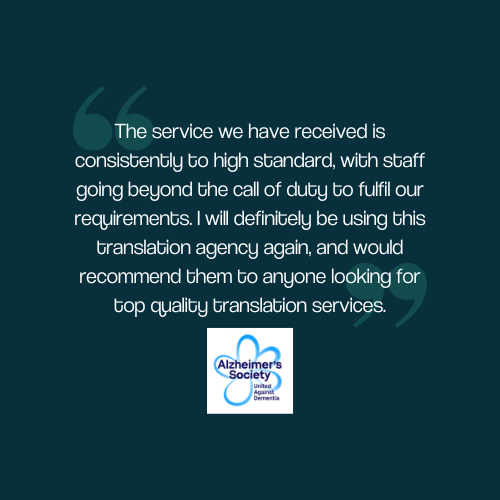
The Atlas Approach: Sector-Specific, Native-Speaking Translators
Your successful high-quality clinical trial translation will probably depend on more than just fluency.
A translator must understand the language of science and the expectations of regulators. That is why Atlas assigns projects to linguists who are both native speakers and subject matter experts. Their experience in life sciences means they’re familiar with terminology used in pharmaceutical research, drug development, and clinical trial documentation.
Atlas Translations knows that a one-size-fits-all approach doesn’t work in translation, so our project managers take the time to focus on providing sector-specific translators for your project.
A translator who understands the intricacies and nuances of your particular field is more likely to deliver results that meet your exact needs.
Supporting Speed and Sensitivity in the Clinical Trial Process
Clinical trial research is often time-sensitive (yay for deadlines! 🙄), throw in a requirement for breakthrough results, and now you’re doubly stressed.
Whether responding to feedback from a research ethics committee or launching a fast-track study, delays in translation can stall progress. Atlas Translations understands the need to work quickly without compromising quality. Because we understand this, we have a project management process that supports:
- Secure file transfer and confidentiality protocols
- Fast turnaround times from qualified linguists
- Clear communication with clinical teams and sponsors
Well-translated materials also help improve participant trust and engagement. When people understand what they are being asked to do, they’re more likely to stay involved, follow protocols, and provide accurate data.
Language Isn’t an Afterthought; It’s a Vital Tool
Clinical trials depend on precision, ethics, and trust, and language translation underpins all three.
A high-quality translation is not just about words on a page; it is about protecting people, preserving data integrity, and keeping clinical studies on track.
Atlas Translations brings decades (literally, 😉) of translation experience in life sciences and healthcare. Proudly, we boast a track record of supporting pharmaceutical and research organisations in the UK and beyond.
If we weren’t committed to accuracy, regulatory alignment, and human expertise, we feel fairly confident that we wouldn’t have lasted this long.
Contact us at the phone number or email below to make us a valuable partner at every stage of your organisation’s clinical trial journey.
Contact Us
We’d love for you to contact Atlas Translations! We’re always here for a chat or to answer questions!
Call us at +44 (0)1727 812 725 or email us at team@atlas-translations.co.uk to let us know what you need. You can even use the Live Chat on our website during UK working hours to ask any questions you may have. We’re very well-trained and respond quickly to all enquiries! 💨
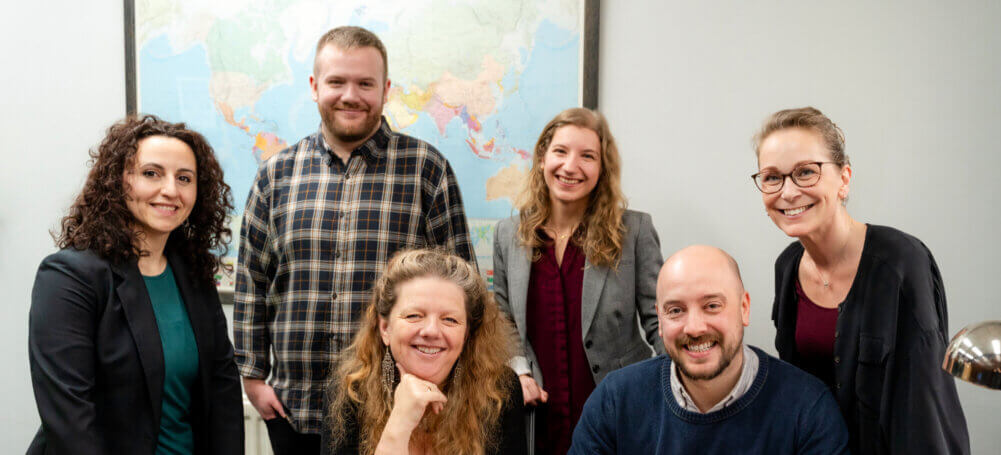
If you’d like to meet us face-to-face, learn more about our translation and language services, or deliver documents, please email or call us ahead of time to arrange a meeting.
If you need a quick quote, we have a handy GET A QUOTE button located at the top of our website, where you can get an estimate for your needs.
Can I Trust Atlas Translations?
Of course you can! ⬇️
Atlas Translations holds two ISO certifications: ISO 9001:2015 (Quality Management) and ISO 17100:2017 (Translation Services).
If the project is highly confidential, we can sign a non-disclosure agreement (NDA) for added peace of mind.
Are we up to date on privacy? Well, thank you for asking, and yes, we are! We registered with the Information Commissioner’s Office (ICO) over 20 years ago and have always placed a high importance on data protection.
You can read more about our commitment to quality here.
Atlas Translations takes pride in providing fast, friendly, and high-quality language services. But you don’t have to take our word for it. Click to read what our clients are saying about us.
We’re also on TrustPilot, and you can read our reviews here.
Global Voice, Local Touch
If you’re looking for some top tips for partnering with Atlas Translations, we have some top tips to share! We answer 25 of our clients’ most frequently asked questions, ranging from typesetting queries to discussing reference materials.
Click to download Global Voice, Local Touch
